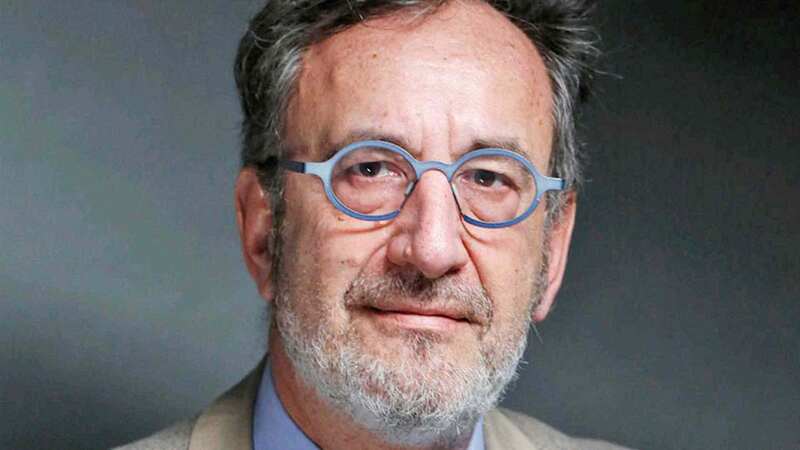You are viewing your 1 free article this month. Login to read more articles.
Nourry questions IPA's China decision
Arnaud Nourry, chief executive of Hachette Livre, has publicly questioned the decision to allow the Publishers Association of China to become a member of the International Publishers Association (IPA), citing newspaper reports of censorship in the country. Nourry said he hoped the IPA members did not regret the action, made amidst some controversy at last autumn's Frankfurt Book Fair.
Speaking at the International Publishers Congress, held in London today (Sunday 10th April) ahead of the London Book Fair this week, Nourry said he had no part in the decision personally, and that he took it as a "great sign" that Chinese publishers wanted to participate in the IPA, but he questioned whether recent developments in China would lead to the members regretting the decision.
In a case that has attracted widespread media coverage, five publishers/booksellers from the Mighty Current publishing house in Hong Kong, known for publishing books critical of China's leadership, went missing late last year, including one, Lee Bo, who possessed a British passport. Lee Bo returned home in March.
Referencing Richard Charkin, executive director at Bloomsbury and current president of the IPA, Nourry said: "As for China, where some disturbing developments have been taking place of late, well, let me turn to Richard Charkin. Richard, I hope you knew what you were doing when you supported the Publishers Association of China’s application to become members of the IPA in Frankfurt last year. It was a generous and optimistic initiative, and generosity and optimism come high on my list of favourite qualities. I just hope we’ll still be comfortable with it in the months and years to come."
The Bookseller reported in January that that the IPA membership remained deeply split over China's admission, with the German Publishers & Booksellers Association, the Börsenverein des Deutschen Buchhandels, deeply concerned. Other country members, including Norway, Sweden, Finland, Iceland, France and Switzerland, are understood to share some of Germany’s concerns, given the IPA's major focus on the issue of Freedom to Publish.
The concerns are likely to form a background to this year's IPC, and more so given Nourry's comments.
Nourry was challenged from the floor, with one Chinese publisher asking why China should be excluded given that France was a member. "China is part of the international community," the publisher said.
But Nourry responded: "I don't think in my speech I suggested it should not be a member. I wasn't attacking Richard, he is a good friend, I was asking a question. China is a member: we all within the IPA share the same values, and I take it as a great sign [that they have joined], I just hope that after what we've read in newspapers about Chinese publishers there is no contradiction between that and being a member of the IPA."
Following the talk, Charkin told The Bookseller, "China was elected democratically to membership of the IPA, so it's not question of whether or not I regret it. The IPA's role is to support publishing industries around the world, the Publishers Association of China is a very important part of global publishing environment: in China as in many other countries there are big challenges and IPA works with all our members to help them overcome these."
Nourry concluded his discussion by stressing the importance of books in spreading the values espoused by the IPA. "Books have always been at the forefront of the battle for freedom, democracy and progress, and throughout history, many a power has been tempted to suppress them, tame them or exploit them. Which is why we publishers must, more than ever, make sure our voice is being heard, for we do not speak only for our industry. We speak for our authors and their work, and that responsibility is what sets the business of publishing apart and makes it so special."
Nourry also warned that Google was a bigger threat to publishers than Amazon and could be helped by "the European Commission’s senseless attack on copyright".

















